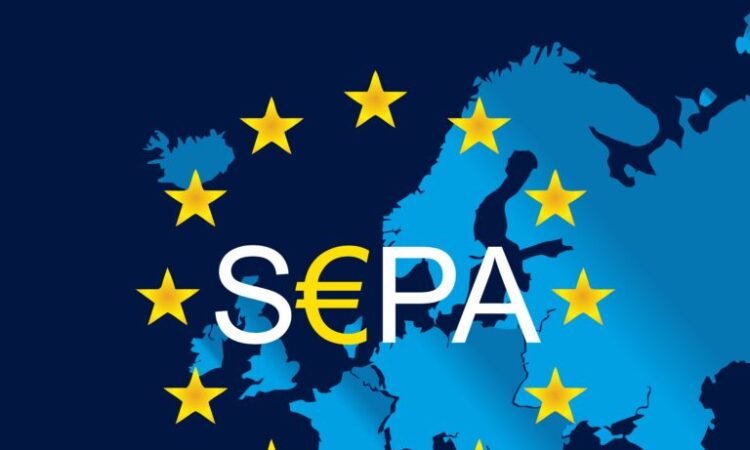
New research has revealed that 58% of European banks that do not currently offer instant payments believe the timelines set out by the EU in the new SEPA Instant payments legislation are unrealistic.
The report, “So, you think you’re ready for SEPA instant?” by RedCompass Labs includes findings from a survey of 200 senior payment professionals at European banks which examined their views on the EU’s new instant payment legislation and where they are on their journey to instant payments.
“The EU’s new regulation demonstrates that the instant payments revolution has officially arrived in Europe. This step change comes with major challenges for European banks who are at the forefront of this revolution,” says Tom Hewson, CEO at RedCompass Labs.
“From upgrading their infrastructure to cope with higher volumes and cover downtimes and outages to making core banking, fraud, limit, and liability systems instant, highly scalable, and available 24/7, the majority know this will not be an easy journey.”
The research revealed that nearly one-third (33%) of banks that don’t currently offer instant payments were unsure or not confident they would be able to receive instant payments by January 9, 2025, as set out by the legislation.
It also found that European banks are underestimating how many payments they will need to process per second. On average, European banks are aiming to be capable of processing between 101 and 300 payments per second by the end of 2025, while just 5% said they were targeting above 1000. Given bulk payment files can contain hundreds of thousands of payments that need to be processed as soon as possible, banks should aim to be able to process at least 1,000 payments per second.
The top five challenges facing banks in offering instant payments are making adaptations to customer channels, including offering a confirmation of payee service (25%), implementing KYC and sanctions screening provisions (21%), processing more volumes and scaling throughput (22%), creating a business case for value-add instant payment offerings (20%) and 24/7 availability (20%).
The positive news is that despite the significant investment of resources and the challenges ahead on the road to achieving instant payments, 77% of banks believe the benefits outweigh the costs.
Other findings include:
- Demand for instant is growing: 89% of respondents said they see a growing demand for instant payment products and services from their customers.
- Banks plan to make significant investments: 76% of European banks expect to invest in technology to meet the new rules. The average investment will be between €1 million and €3 million in technology, 14% expect to invest over €3 million, while 23% expect to invest under €250,000.
- Displacing card providers: The biggest benefit of the instant payment legislation for corporate customers was creating a foundation for new collection methods to displace card payments (33%). This was followed by improving customer experience (32%) and payment certainty (31%).
- Instant payments as default: A slim majority of banks (55%) intend to offer instant payments as the default payment option for their clients in the future.
Instant demand on the rise
The survey clearly shows there is significant demand from bank customers (both consumers and businesses) for faster, more convenient instant payment options. This customer demand is likely a driving force behind banks needing to invest and enhance their instant payment capabilities to meet the new regulations.
“Our research shows that there is understandably some trepidation about the proximity of the timelines and a possible underestimation of how much they need to scale their throughput and invest. As there is no cookie-cutter solution that will work for all banks, we can expect to see an exploration of alternative approaches that don’t require them to change their core banking systems,” says Hewson
“That said, they also recognise that instant payments open new opportunities such as displacing card providers, providing a better service to their corporate customers and driving competition in the market. This positivity about the move to instant payments from those tasked to deliver it should give the industry, regulators, businesses and consumers confidence that banks will implement the changes required and herald a new era in European payments.”
Investment, investment, investment
The fact that 76% of banks plan tech investments, with many investing over €1 million, underscores how serious they are taking this regulatory shift and their need to modernize systems.
However, the range of expected investment levels signals some banks may be underestimating the scale and costs required.
While just over half of banks intend to make instant the default option, the relatively narrow majority suggests some hesitancy, possibly due to operational challenges or wanting to assess customer demand first before making such a commitment.





